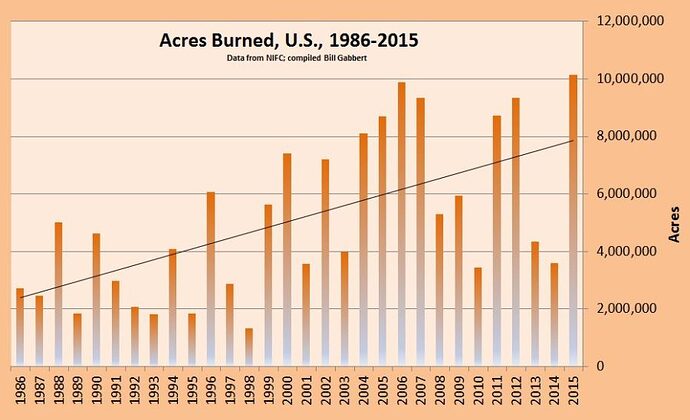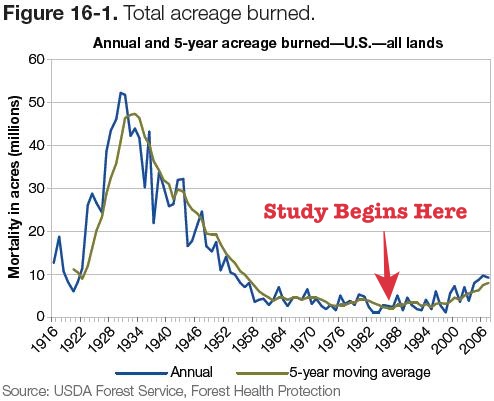Mark Cochrane, Professor and Senior Research Scientist at the Geospatial Science Center of Excellence at South Dakota State University, returns to the podcast after a year and a half to update us on what the latest science has to tell us on the (often controversial) topic of climate change.
Mark has been researching the climate for over 20 years, and among his many other accomplishments, moderates what we believe to be the most level-headed, open-minded and data-centric discussion forum on climate change available on the Internet today.
In this week's podcast, Mark updates us on the latest empirical data, separates out what science can and cannot prove today regarding climate change, and provides clarity into closely-related but less well-understood issues, such as ocean acidification:
Ocean acidity levels have gone up by 30 percent in recent decades. It is off the charts compared to the previous baseline of millions of years in terms of the rapidity of this. Have we had really high acid levels before? Yeah, but that was many millions of years ago. It didn't happen over night they way it is now.
What we have is all of the organisms that rely on calcium or calcium carbonate shells, whether it's their external shells or internal systems, they are under increasing amounts of stress, having a harder and harder time making those calcium-based structures.
In a lot of places, we're already losing things. In the coastal areas they're is a lot of carbon that was actually buried back in the '50s and '60s that is now simply of washing ashore in those regions. That is not even as bad as it is going to be. There is an increasing amount of studies looking at this in various ways to try to get a handle on what is happening now. There is just a study out yesterday showing how they can actually look at what the concentrations are going to be like by 2100. See how things will respond. They took some coral. They put them there and just monitored how they responded. It was not just a question of them resolving or having a harder time to grow. They will fight the tide so to speak. They will keep trying. But they are stressed. What they are finding is that they get these worms that start riddling through it; and actually eating it, and not just dissolving it. It is kind of a double whammy for a lot of these systems.
So we know it's ongoing. We can measure it. We can see it. The question is trying to infer what will occur because of it? Now, we know we are losing the base of a lot of food chain items. Therefore, it's harder and harder for other things that are not directly impacted to feed. We also have a variety of other things going on for the coral reefs between the heating causing bleaching, people blowing them up, fishing and other human-based efforts.
Right there, we are losing the food source for about a half a billion people.
This will take time to play out. But it's a major concern right now. It's one that's not on many people's radar because it's the ocean: it's far away and vast. It's been around for a long time.
Well, life will go on. It will just not be the sort of life that we're used to.
Click the play button below to listen to Chris' interview with Mark Cochrane(48m:12s).
This is a companion discussion topic for the original entry at https://peakprosperity.com/mark-cochrane-climate-change-revisited/




